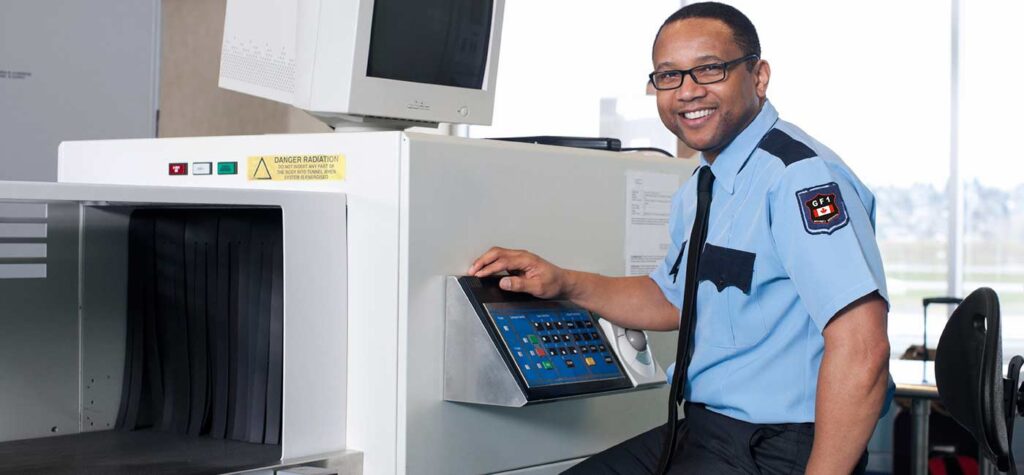Germany, a powerhouse of industry and innovation, has become one of the most attractive destinations for skilled and unskilled immigrants seeking work opportunities. The country’s dynamic job market, generous labor laws, and high quality of life are key factors drawing individuals from around the world. However, navigating the process of securing employment in Germany can be daunting without guidance. This comprehensive guide will walk you through the necessary steps, strategies, and resources to help you find work as an immigrant.
1. Understand the Job Market and Identify Sectors in Demand
Germany’s labor market is renowned for its strength, particularly in sectors such as engineering, IT, healthcare, and skilled trades. Before applying, it’s important to understand where your skills fit best:
- IT and Software Development: Germany is home to global tech hubs like Berlin and Munich. Positions in software engineering, cybersecurity, and data analysis are in high demand.
- Engineering and Technical Fields: With its strong industrial base, Germany needs mechanical, electrical, and automotive engineers.
- Healthcare and Nursing: The aging population has created a persistent demand for healthcare professionals.
- Skilled Trades: Welders, electricians, and construction workers find ample opportunities.
- Teaching and Education: English teachers and professors for international schools are often sought after.
Pro Tip: Check the German government’s “Fachkräfteengpassanalyse” (Skilled Workers Shortage Analysis) to identify specific jobs that are currently in shortage.
2. Master the German Language
While English is widely spoken in many multinational corporations, proficiency in German is crucial for most roles and everyday interactions. Here’s how to improve your German:
- Enroll in Language Classes: Consider online or in-person courses through platforms such as Goethe-Institut or Deutsche Welle.
- Language Exchange Apps: Use apps like Tandem or HelloTalk to practice conversational German with native speakers.
- Certification: Aim for at least a B1 or B2 level of German, which is commonly required for job applications and visas.
3. Prepare Your Application Documents
Germany has specific standards for job applications, which may differ from what you are used to in your home country. Essential documents include:
- A Professional Resume (Lebenslauf): This should be tailored to the German style, typically 1-2 pages with a focus on your career path and skills. Add your photo, contact details, and relevant work experience in reverse chronological order.
- Cover Letter (Anschreiben): Write a concise cover letter explaining why you are a good fit for the job and how your skills can benefit the company.
- Certificates and References: Include any relevant diplomas, certifications, and letters of reference translated into German, if possible.
Tip: Use tools like Europass to structure your CV according to European standards.
4. Where to Find Job Listings
Finding job openings in Germany requires using reliable platforms that cater to both locals and international candidates. Here’s where to look:
- General Job Portals:
- LinkedIn: Create a strong profile and apply for jobs listed in Germany.
- StepStone: One of Germany’s largest job portals, covering multiple industries.
- Indeed Germany: Offers a variety of roles and filters for job seekers.
- Specialized Job Platforms:
- XING: A professional network similar to LinkedIn, popular in German-speaking countries.
- Make it in Germany: The official government site for skilled workers looking to migrate.
- EURES (European Job Mobility Portal): Useful for job seekers within the EU and those looking for employment assistance.
- Company Websites: Directly visiting the career pages of German companies can also lead to opportunities.
5. Network Strategically
Networking is an invaluable part of job hunting in Germany. Here’s how to go about it:
- Attend Job Fairs and Networking Events: These are often held in major cities and provide opportunities to meet potential employers.
- Join Professional Associations: Being a member of organizations related to your field can open doors to job leads and mentorship.
- Connect on Social Media: Engage with recruiters and HR professionals on LinkedIn and participate in relevant discussions.
- Alumni Networks: Reach out to fellow graduates who may have connections or advice for breaking into the German job market.
6. Visa and Work Permits: The Essentials
Securing a job in Germany involves navigating the visa and work permit process, especially if you are from outside the European Union (EU) or European Economic Area (EEA).
- EU Blue Card: The most straightforward work permit for non-EU professionals. Requirements include:
- A recognized university degree or equivalent qualification.
- A job offer with a gross annual salary of at least €58,400 (or lower for shortage occupations).
- Job Seeker Visa: Allows you to stay in Germany for up to six months to look for employment. Once you secure a job, you can convert this to a work visa.
- Work Visa for Skilled Workers: If you already have a job offer, you can apply for this visa. You must meet specific language and qualification standards.
Key Links:
- German Federal Foreign Office: For detailed visa and application guidelines.
- Make it in Germany: Comprehensive resources for immigrants.
7. Relocation and Settling In
Once you’ve secured a job and visa, moving to Germany requires careful preparation:
- Find Accommodation: Popular sites for housing include Immowelt, WG-Gesucht, and ImmobilienScout24. Major cities like Berlin and Munich can be competitive, so consider starting your search early.
- Register Your Residence (Anmeldung): Upon arrival, you must register at the local Bürgeramt. This registration is essential for obtaining a tax ID and setting up essential services.
- Open a Bank Account: Most employers will require a German bank account to deposit your salary. Popular banks include Deutsche Bank, Commerzbank, and online options like N26.
8. Understand Your Rights and Benefits
Germany is known for its worker-friendly laws. Here’s what you need to know:
- Employment Contracts: Contracts must outline your job role, salary, and terms of employment. Always read these carefully and ask for a translation if needed.
- Work Hours and Vacation: Full-time jobs typically involve 40-hour weeks, with a minimum of 20-30 vacation days per year.
- Social Security Contributions: You will contribute to health insurance, pension plans, unemployment benefits, and more. Ensure you are registered for these upon starting work.
9. Build Your Career and Long-Term Prospects
Germany offers opportunities for career growth, further education, and the chance to eventually gain permanent residency. Here are some ways to advance:
- Continuous Learning: Enroll in professional courses to upskill. Germany has a robust continuing education system, and many employers support this.
- Path to Permanent Residency: After working for several years, you may qualify for permanent residency or even German citizenship.
Conclusion
Finding work in Germany as an immigrant is a rewarding challenge that requires preparation, language skills, and an understanding of local job-seeking practices. By leveraging the resources mentioned and approaching the process with determination, you can successfully navigate your path to employment and integration in one of Europe’s most prosperous nations.
Important Resources:
- Make it in Germany: Apply for job opportunities and find comprehensive information about living and working in Germany.
- German Federal Employment Agency: Search for jobs and find career counseling services.
Taking the right steps not only helps you secure a job but also paves the way for a fulfilling life in Germany.

